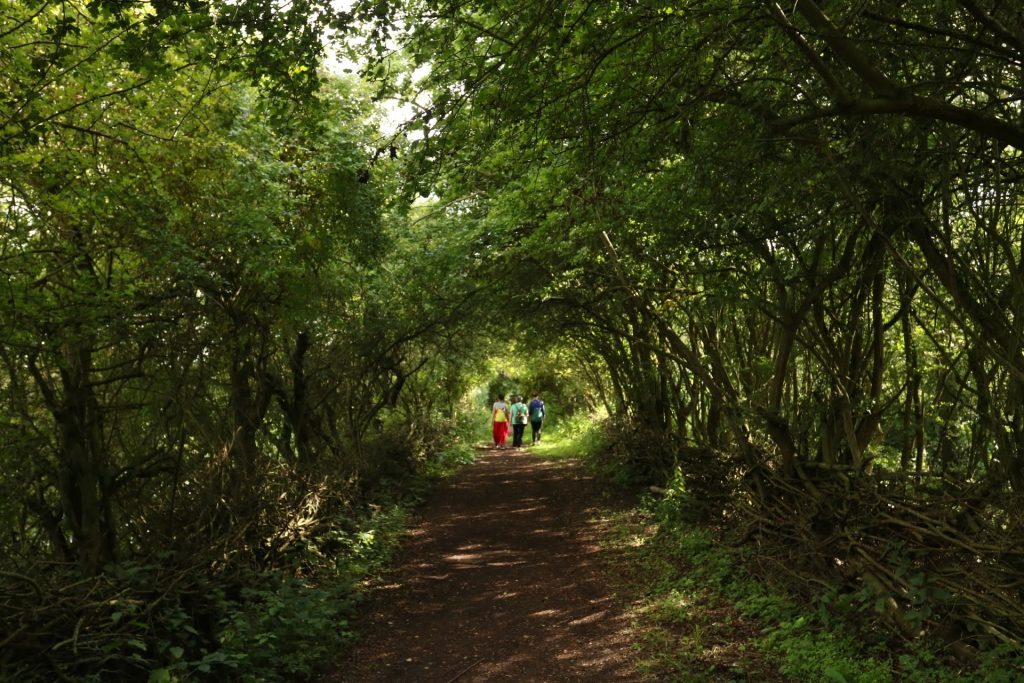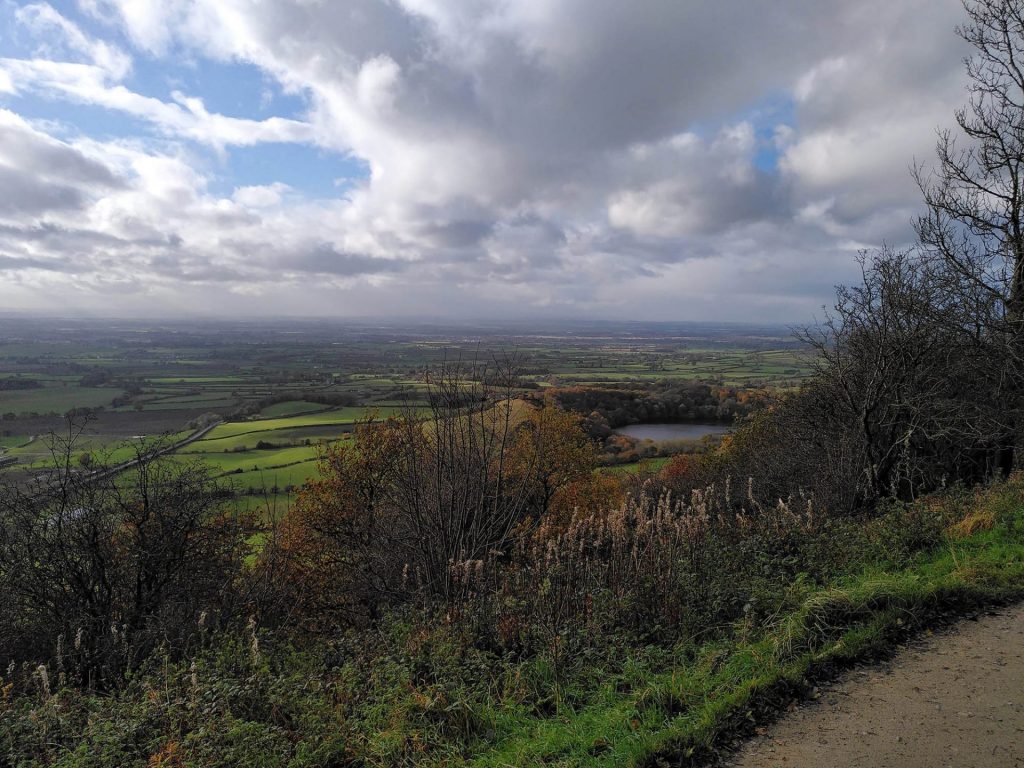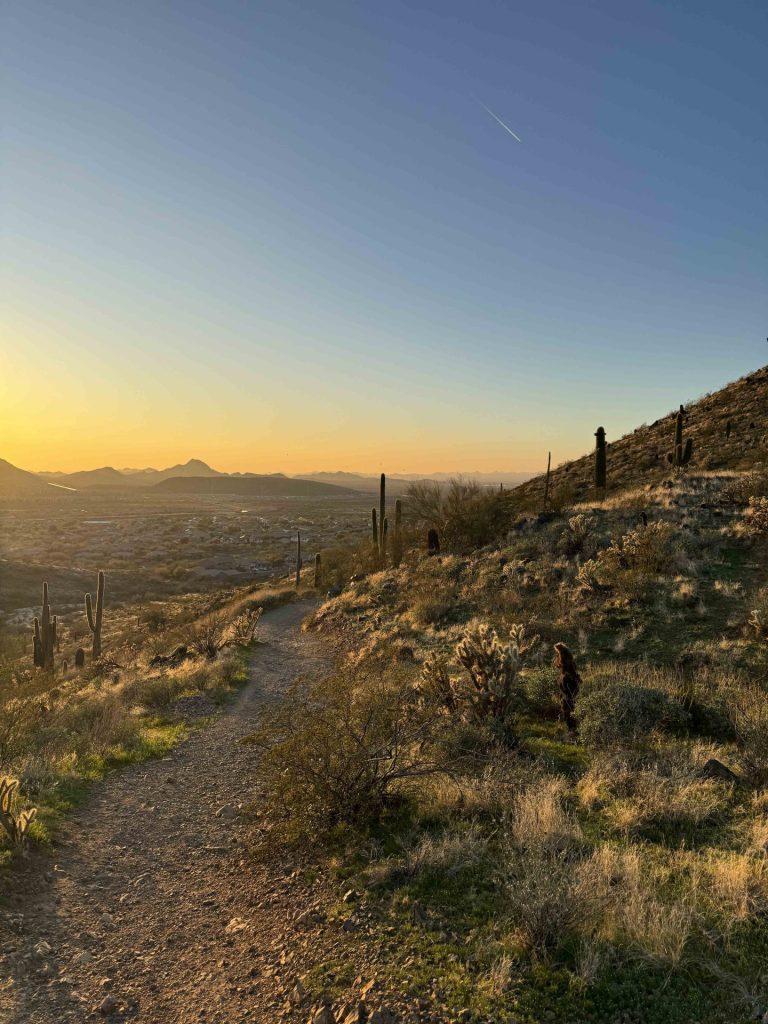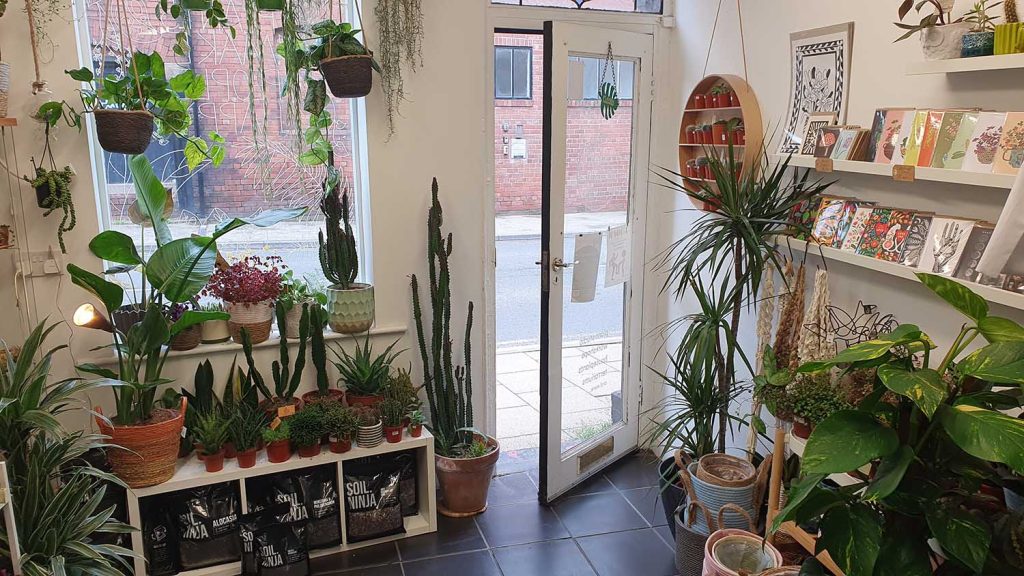Newbie Anti-Racist: Month 1
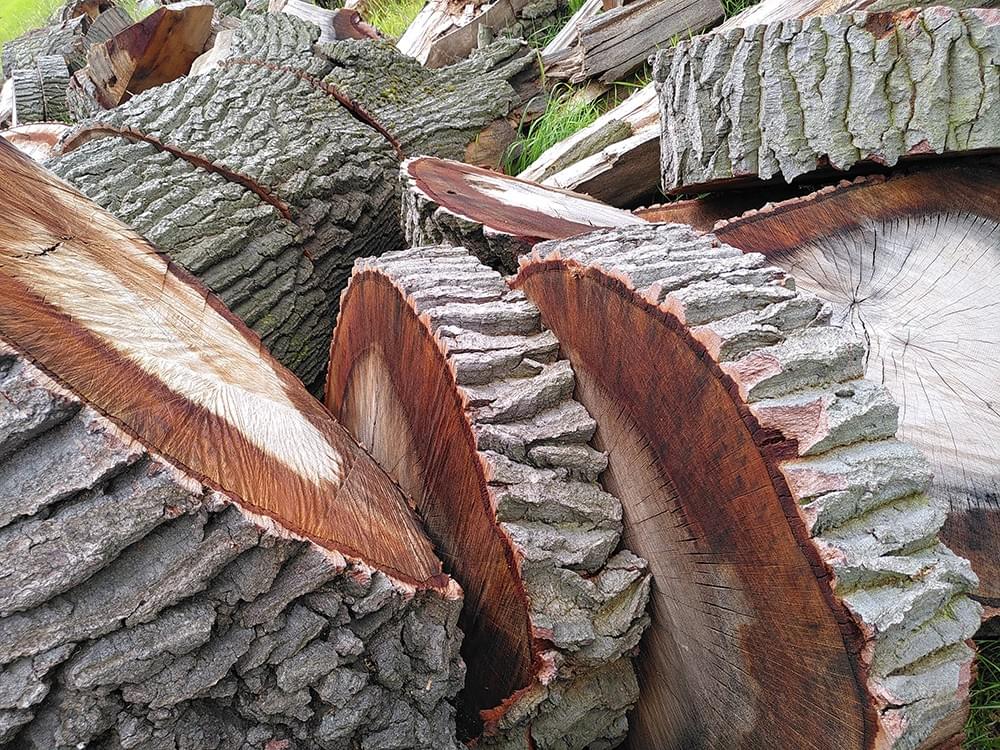
I’m just over a month into my anti-racist journey so I’m reporting back on my SMART GOALS. It was a hectic month work-wise and I fell behind in a few ways but here’s what I did do/learn.
Keep Learning
Just recently nominated for a BAFTA, David Harewood’s moving exploration of his ‘breakdown’ in his early 20s is a must-watch for many reasons. First and foremost, it is the most honest and considered portrayal of this relatively common mental health issue. Approximately 1 in 100 will experience psychosis in our lifetimes. But secondly because it explores the racial differences in this condition.
“Although I was conscious of myself as a black person, it really wasn’t until I was out of drama school that the world said to me, “You are black. Your aspirations, your dreams, your hopes are now restricted.” David Harewood explores his treatment as a young actor in the 90s and then his subsequent treatment by the authorities.
LEARNING ALERT: “Black men in Britain are ten times more likely than white men to be diagnosed with a psychotic illness and four times more likely to be sectioned” [SOURCE: NHS Mental Health Act Statistics]
The Mental Health Foundation identify 4 important factors on “BAME communities’ mental health”
- Racism and discrimination
- Social and economic inequalities
- Mental health stigma
- Criminal justice system
Clinical Psychologist, Dr Chanelle Myrie, adds “There’s a story that exists for how black men are seen in our society and that influences our perceptions; images as black men as violent, hypermasculinity. So when a black man presents in crisis sometimes people’s ideas about what black men are like overshadow the person that’s actually in front of them.”
Celebrity Instagram Lives
X factor winners, Leona Lewis and Alexandra Burke separately shared about their experiences in the music industry in the UK.
Little Fires Everywhere
Exploring racism in Ohio in the 90s and ‘niceness’. I found this series profoundly powerful, it explored so many of the grey areas of racism. In Brene Brown’s follow up podcast with actors she quotes Austin Channing, brilliantly summed up here:
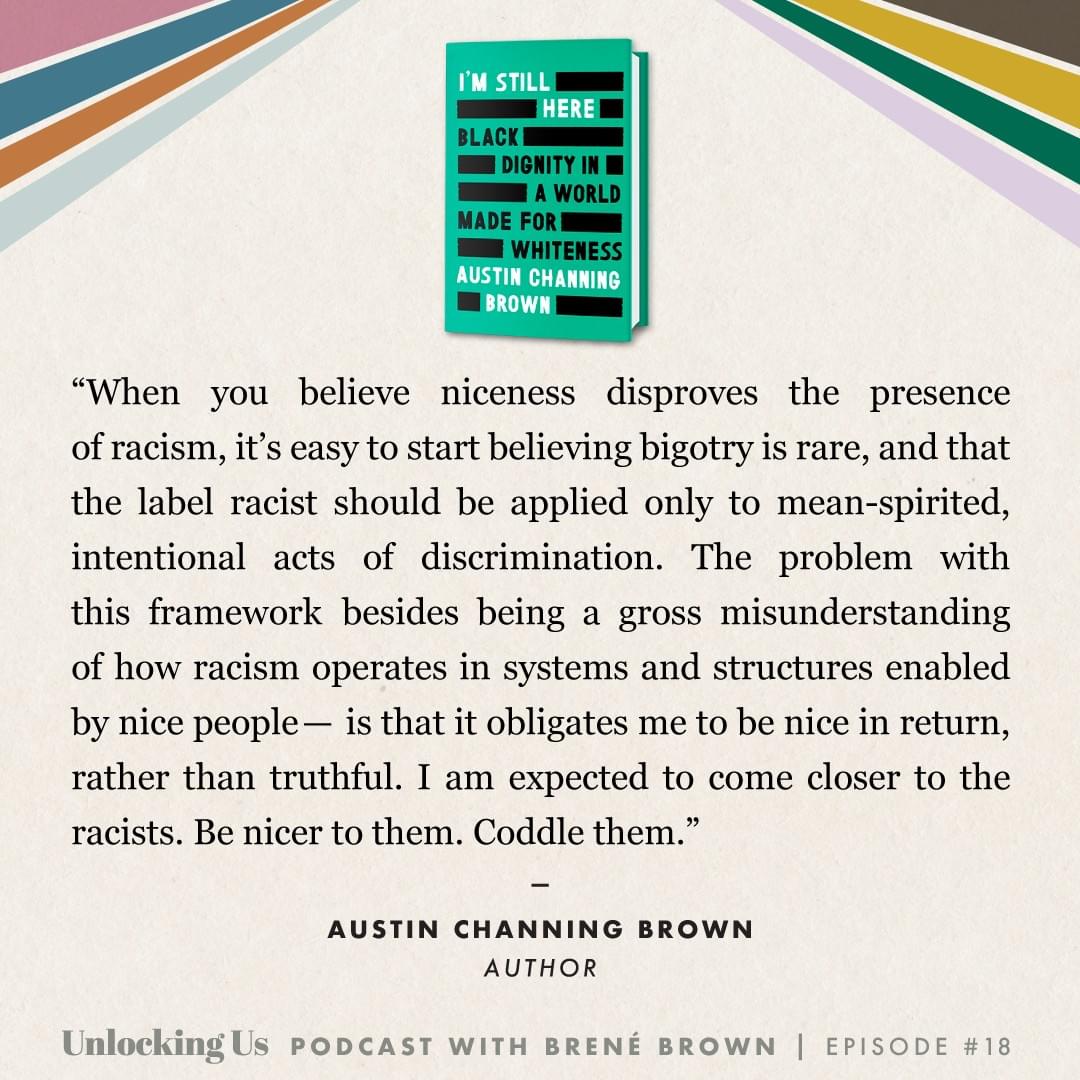
Read
How To Be An Anti-Racist has been at the top 10 non-fiction bestseller now for weeks. I had to wait patiently for my own copy. It’s heartening to hear so many folks are making a start on their anti-racist journey too. I’m digesting it in chunks with a friend of mine, which I think is the way to do it. There is so much in here. I had to take a pause after the introduction as my brain exploded.
LEARNING ALERT: I did not understand how a black person could be racist until I read Kendi’s introduction. Through retelling a childhood experience he explains how he had internalised the racists ideas about his own race and perpetuated them. “I decided that Black people themselves were the problem.” He adds, “internalised racism is the real Black on Black crime.”
LEARNING ALERT: “Denial is the heartbeat of racism. There is no neutrality in the racism struggle.” Anti-racism is about confession, recognising when you’ve been racist, being accountable and learning.
LEARNING ALERT: The difference between ethnicity and race and the artificial hierarchies placed on both. Ethnicity denotes cultural origins, “race was created by European intellectuals between the fifteenth and eighteenth centuries” to rationalise colonial activities.
An example of ethnic racism: “when Ghanian immigrants to the United States join with White Americans and say African Americans are lazy, they are recycling racist ideas of White Americans about African Americans.” The double standard of ethnic racism, to be outraged that people think X about my ethnic group but to “happily consuming the racist ideas about other ethnic groups.”
To be honest there was so much in the first 5 chapters I had to go take a nap afterwards to help process it!
1619
A New York Times podcast released last year acknowledging the 400 year anniversary of when “a ship carrying more than 20 enslaved Africans arrived in the English colony of Virginia.” The series explores how slavery shaped America. Episode 2 looks at the US economy, built on slavery. Productivity measures like quotas found in today’s call centres can be traced back to a “system [that was] is really pulling as much as it can out of its enslaved workforce.”
LEARNING ALERT: “Slavery allowed this poor, fledgling nation to turn into a colossal powerhouse in the global economy. But what slavery also created was a culture in American capitalism that was incredibly brutal. And if the American capitalist way is uniquely brutal compared to other kind of capitalist societies in the world, it may have to do with how capitalism started on these shores and the plain fact that we haven’t shook this kind of shadow of slavery from our economic life.”
I’ve still got a few more episodes to go and I can’t recommend it enough.
Keep Listening
Unlocking Us: Brene Brown with Ibram X Kendi’s
In anticipation of the book I listened to this episode covering all sorts of topics. It left me with hope, that while we are in this system we are capable even with our silence to perpetuate our racism – but the next moment we can be anti-racist to.
Everyone has the capacity to change, everyone has the capacity to be anti-racist, everyone has the capacity to grow.
1Xtra Talks Special – George Floyd and Black Lives Matter
I found this very moving as regular hosts Seani B & DJ Ace have a very frank conversation about their lived experience in the UK, as artists and working within the BBC. DJ Ace shared how he makes himself smaller in public places, toning down his voice, crossing the street to avoid interacting with a white woman.
Keep reflecting
I have held, what I have known for a while to be racist, fear when passing a black man but it never occurred to me that he might be full of fear too.
If racism is steeped in denial, then anti-racism is about confession – confessing that I have absorbed racist ideas. I admit that I have gripped my keys tighter walking home at night when walking past a black man. I have also held on to my handbag tighter in daylight. I think some of it is wrapped up in gender but a chunk of it is also wrapped up in race. When I think back at why, I believe it is because I absorbed storylines that black men are more dangerous. It’s worth noting that (touch wood) I have never been threateningly approached walking home and I have never had my handbag nicked.
I have had more than 3 really interesting conversations about race with friends and more conversations in less depth but broaching the topic and listening. I spoke out on two Facebook posts (one on mental health and one on a BLM protest). No trolling ensured and I am reminded of a friend saying there is value in leaving a contrasting comment as most of us are lurkers on social media. And to quote a writer I know, “you never know when your words will touch someone else.”
Keep talking
So far I have not responded to a relative sharing a clip where Morgan Freeman states that there is no racism. Out of context and with no words attached to the clip, it reminds me how our ‘modern’ forms of communication are inadequate for what our bodies are equipped for – the written word or in this case a URL copied and pasted is not a substitute for nuanced conversation, complete with rising tone of voice, or inflections, key pauses, eye contact, facial expressions, gestures and body language. I’m not sure we’re gonna get to the real solutions hiding behind Whatsapp messages and emojis.
This month’s goals
- Finish reading How to be an Antiracist
- Finish watching: Trigger Warning by Killer Mike
- Research and share useful content on my social media channels once a week
- Pick up with an old friend who wanted to have a conversation about this stuff
- Explore the notion that I have only just put words round: I identify as white
I’ll report back in about a month’s time.
